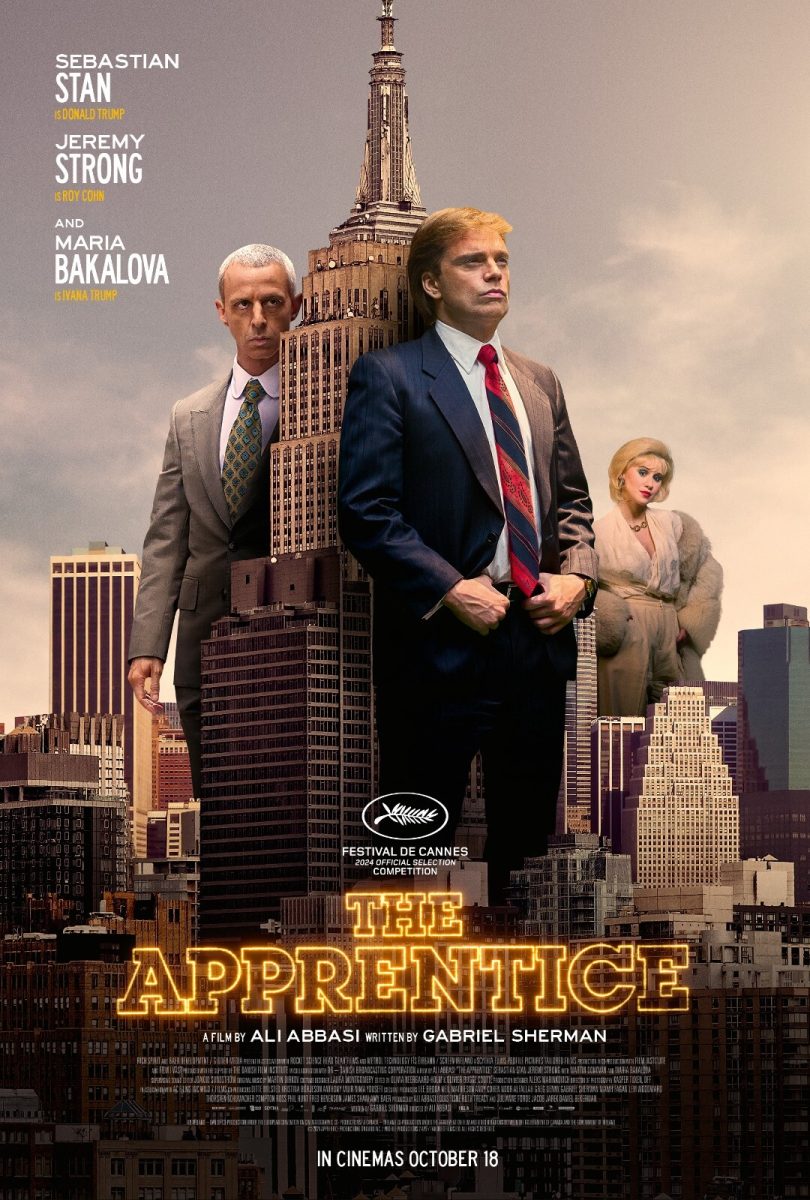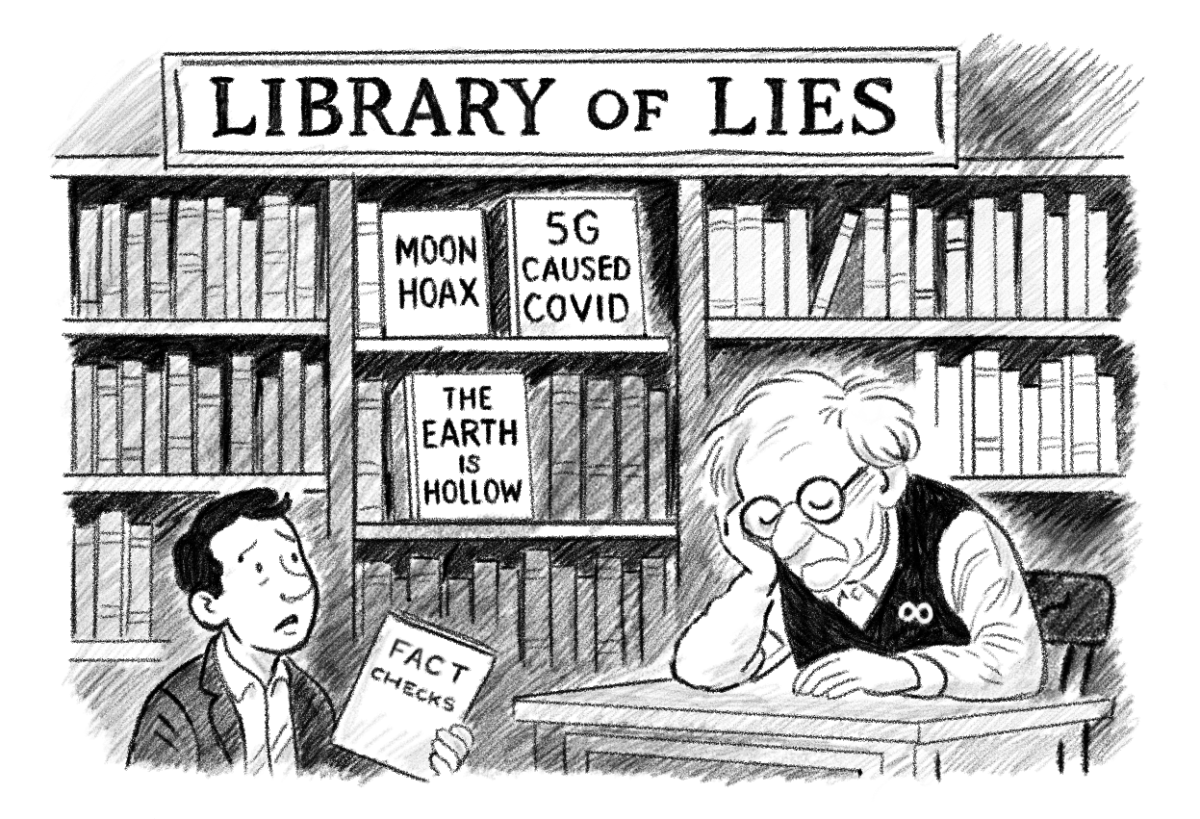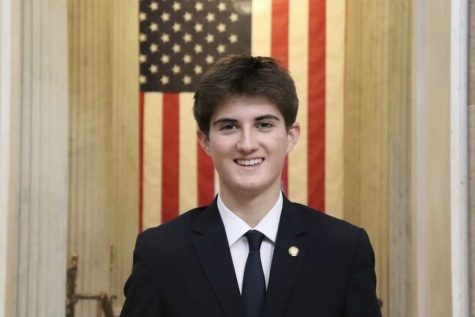Buoyed by a landslide victory in the 2022 midterm elections, Governor Ron DeSantis has very, very big plans for this year’s Florida Legislative Session. Emboldened in his push to transform our state into a bastion of right-wing policy — and likely looking to score some points before the Republican presidential primary race – he is pushing policies that are even more radical than the ones he introduced during his last term. Big items on his agenda include allowing Floridians to carry concealed weapons without a permit, banning diversity, equity, and inclusion programs at state-funded universities, placing funding meant for public schools into school vouchers that parents can use at private and religious schools, allowing a death sentence without a unanimous jury, and setting stricter limits on abortion.
‘Even so,’ the average RE student might say, ‘I go to a private school, and I’m probably going to school out of state. These policies don’t affect me.’
Trust us, they do.
First of all, specific parts of his agenda could make Florida a more dangerous place to live for you and your family. Living up to his “A+” rating from the NRA, his so-called “constitutional carry” bill, which permits concealed carry without a license, would allow any Floridian who can legally own a gun to walk around with a hidden weapon without training or a background check. Not only does this increase the likelihood of an accident involving a firearm, but it also makes it significantly harder for law enforcement to act in gun-related crimes, as there is now no record for an individual carrying a concealed weapon. In a state still scarred by tragic mass shootings like the Pulse Nightclub massacre and the Marjory Stoneman Douglas High School shooting, this policy represents a broad step backward in the fight for common-sense gun safety laws.
If you’re thinking about going to college in-state, DeSantis’ efforts to censor left-wing ideas present on campus will undoubtedly affect your college experience. On January 31 of this year, DeSantis introduced an attack on DEI (diversity, equity and inclusion) programs, prohibiting colleges from using federal money to support DEI training or Critical Race Theory. According to UF’s campus newspaper, the Republican-dominated Florida House not only moved to block DEI initiatives at UF, but also “requested a list of DEI employees, their salaries and all communications between them — which includes relevant emails, text messages and social media messages.” DeSantis has also pushed bans on affinity groups, creating a more unsafe environment for minority students attending these Florida schools.
The New College in Sarasota, Fla. has a 66% female population and has been considered one of the most “gay-friendly” colleges in the country, according to The New Yorker. However, due to its public status, it has been subjected to significant changes under DeSantis. In January, DeSantis appointed six new members to the board of trustees, comprising the vast majority of the board. These trustees began by firing the college’s former president, Patricia Okker, and replacing her with Richard Concoran, former Republican Speaker of the Florida House of Representatives. DeSantis also merged New College with Florida State University, stripping it of its unique academic culture as a small liberal arts college.
The purpose of an academic institution is to encourage discussion among students in order to foster critical thinking skills and produce well-informed citizens. This requires the protection of student voices on campus, even if they are controversial. DeSantis’ prioritization of partisan politics over student interests represents a concerning trend toward limiting academic freedom. This will inevitably lead to school environments that form narrow-minded students and will thus under prepare them for the increasingly turbulent political climate facing our country.
Topics DeSantis has deemed controversial, such as Critical Race Theory and gender studies, will not be eradicated through censorship. Removing these subjects from the classroom setting, which is guided by a trained professional, will simply force students to seek information elsewhere, likely via social media and in many cases from untrustworthy sources. These are also important subject areas that help students understand the complexities of race, gender, and power in society. Removing these topics from the classroom setting could lead to an epidemic of ill-informed discourse in our state—one that would inevitably affect our lives, even in the RE bubble.
Censorship of any kind is an unacceptable threat to academic freedom and the free exchange of ideas. It is essential for students to be exposed to a wide range of viewpoints and perspectives so that they can form their own informed opinions. History is complicated and often uncomfortable, but it is essential that we study it in order to understand how we got to where we are today.






